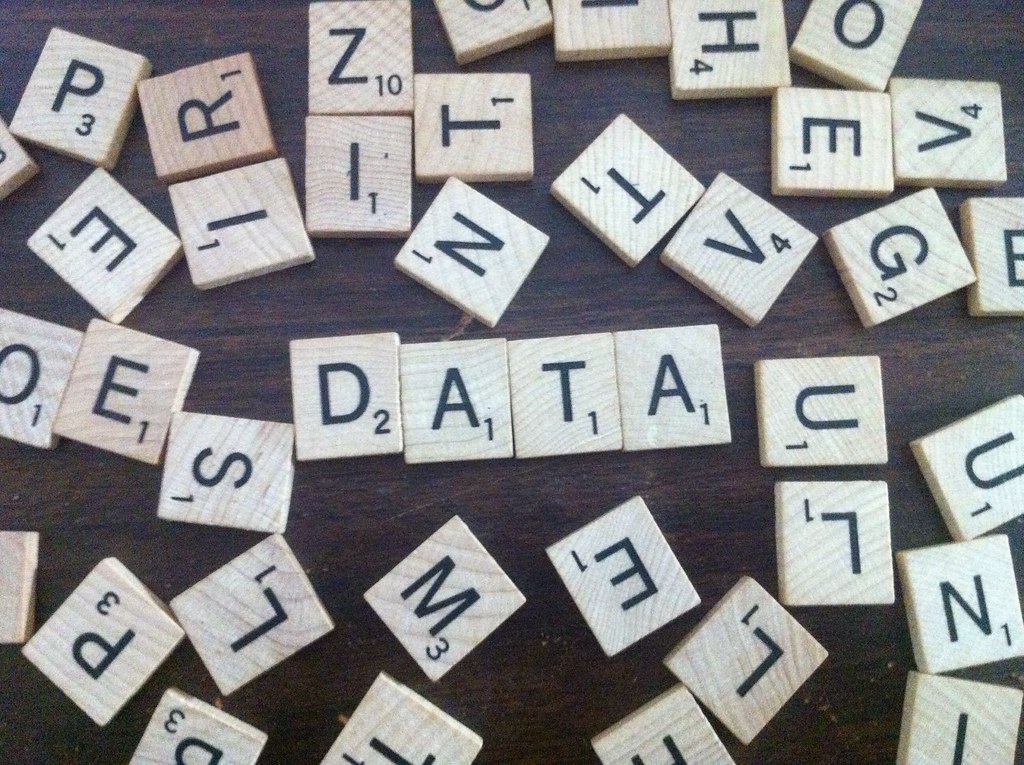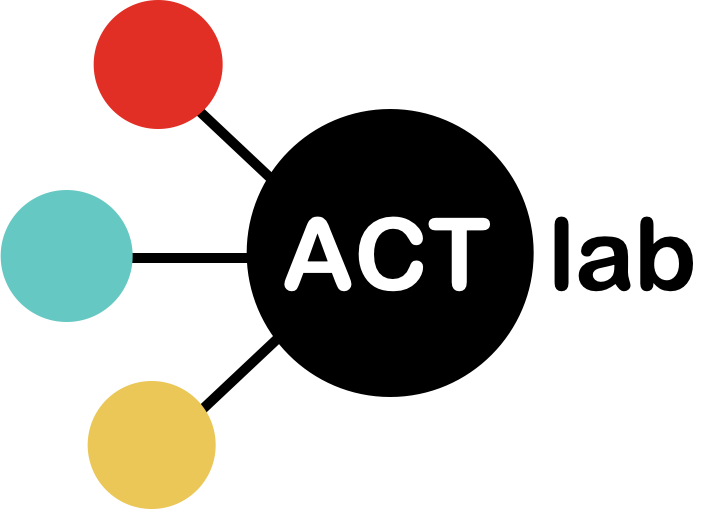What do data harms targeting older adults look like in Canada? And what can we do to redress the inequalities they create? That’s what Joanna Redden wants to know.
Data harms can occur in both structural and individualized settings. Structural data harms can occur both intentionally and unintentionally. Bias is embedded into automated systems, and that can influence people’s access to opportunities, services, and health care. On an individual level, data harms happen when people are targeted with disinformation in ways that can corrupt the democratic process. This study seeks to understand exactly what role age plays in the perpetuation of these data harms and where exactly they are happening in Canada. Furthermore, Redden and her team want to understand what is being done to mitigate this harm – and potentially suggest a few solutions.
Building on previous work that led the creation of an online record of data harms (https://datajusticelab.org/data-harm-record/) researchers working on this project have compiled a list of media that document data harms that target or impact aging populations and older adults. In doing so, their goal is to understand how the media frames discussions of data harms in Canada. The teams have further compiled reports and recommendations put forward by civil society on the topic of data harms. They then compared these recommendations to identify patterns of agreement and divergence, thus creating a resource that will be of use to researchers, community organizations and policy makers. Special consideration has been given to the new dominance of AI in conversations about data and our datafied society.
Photo credit: justgrimes




